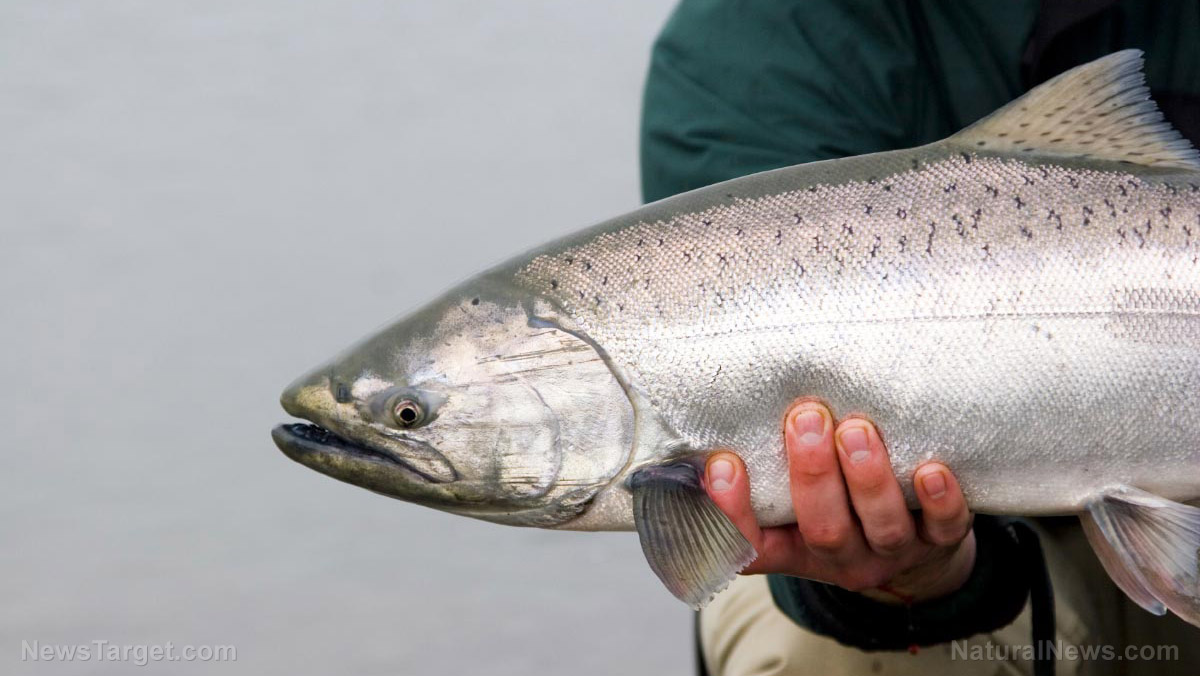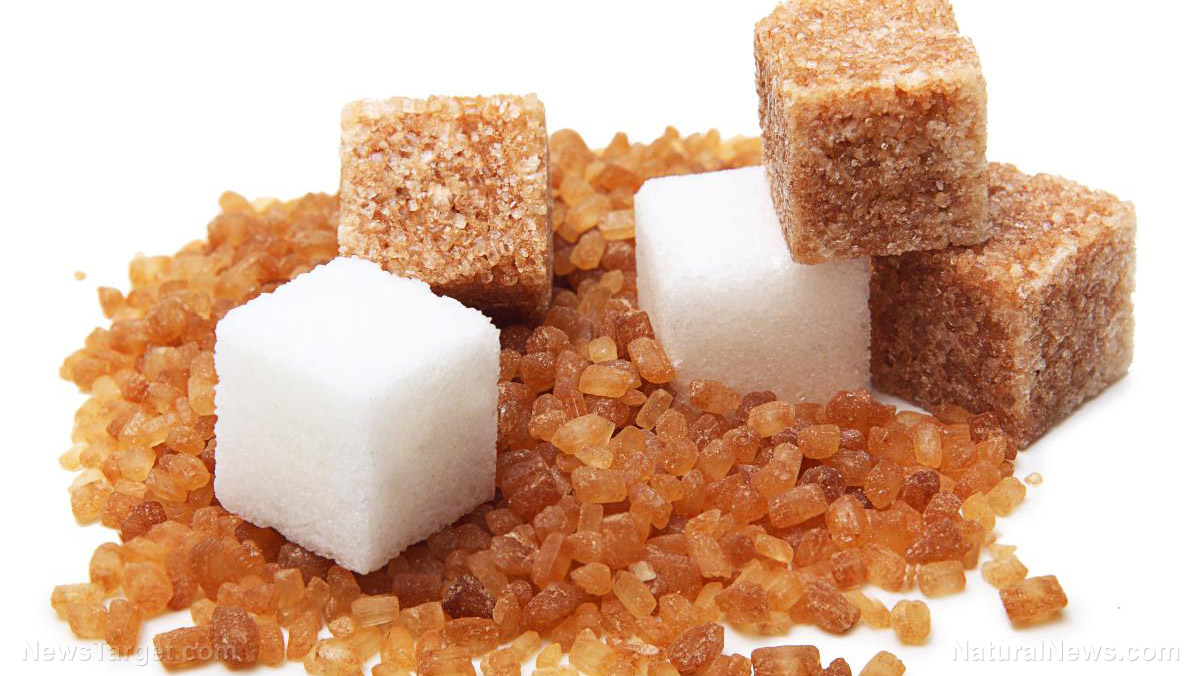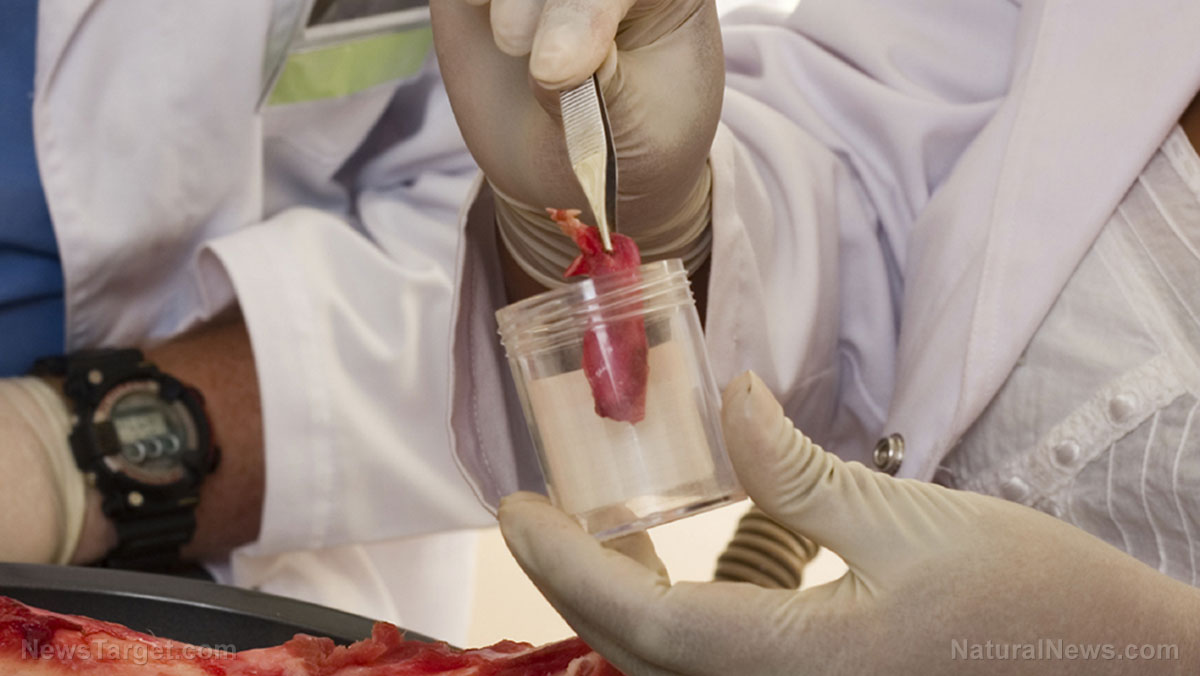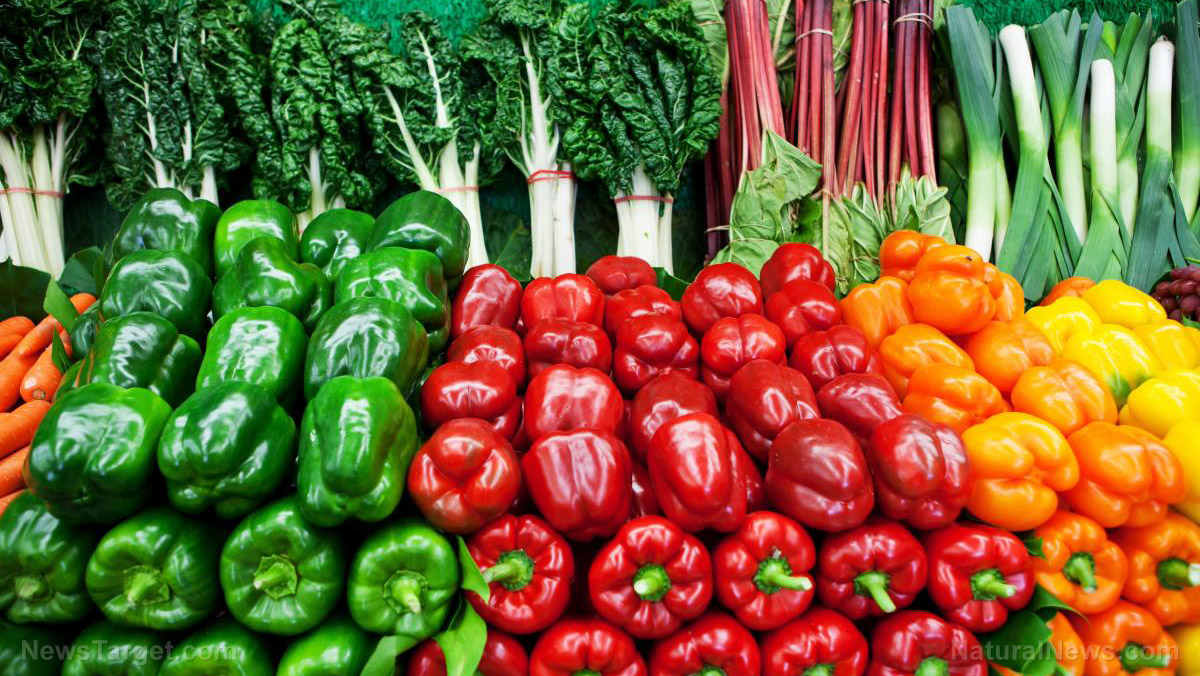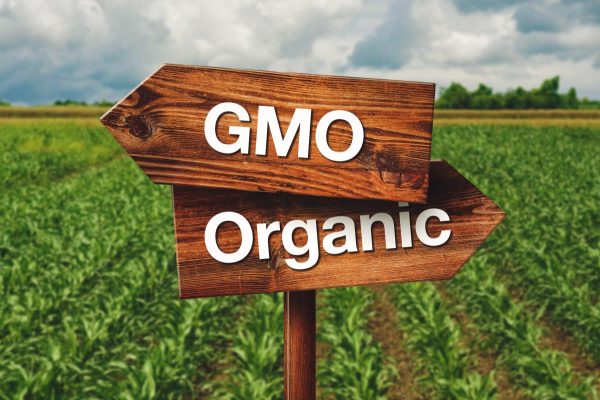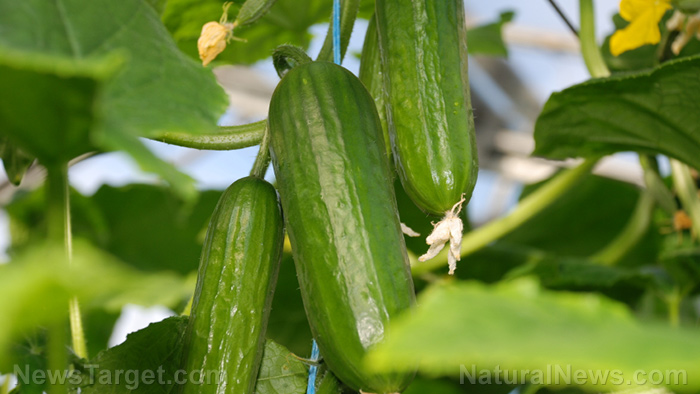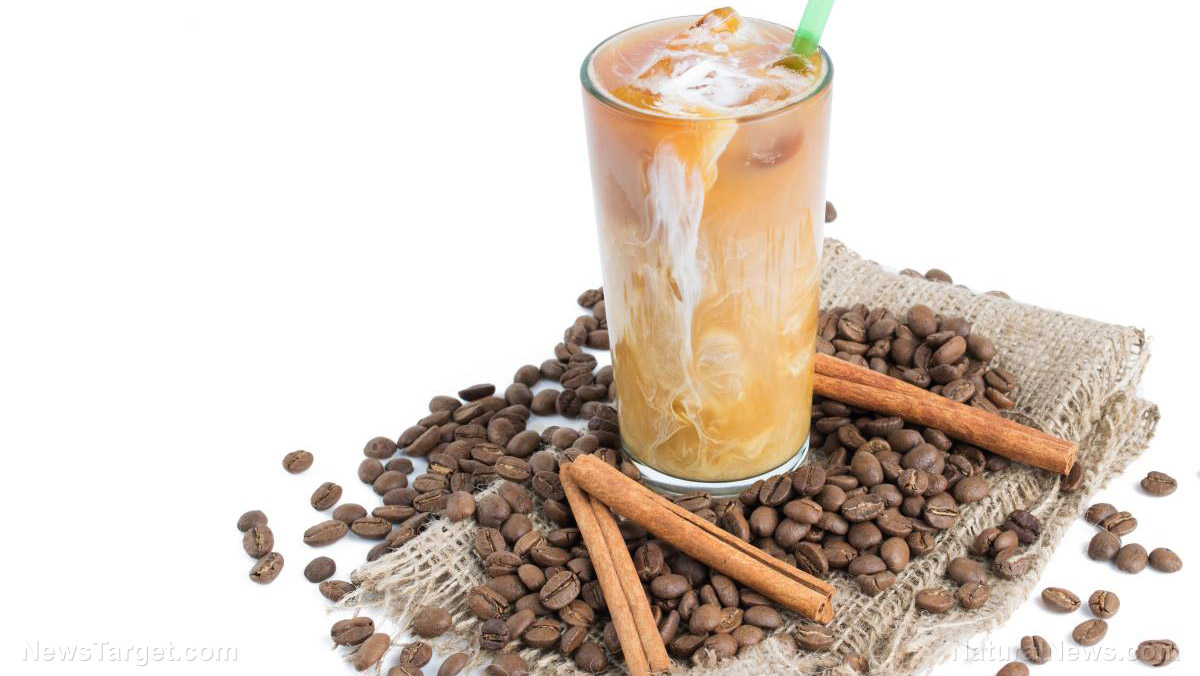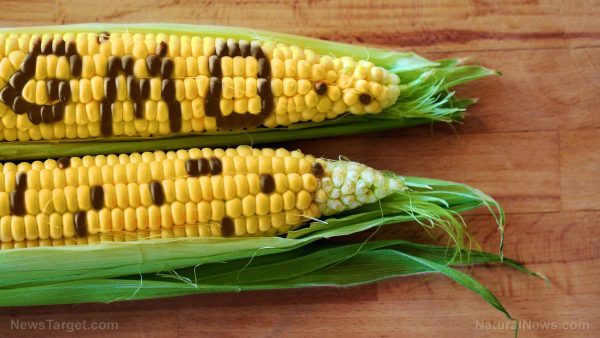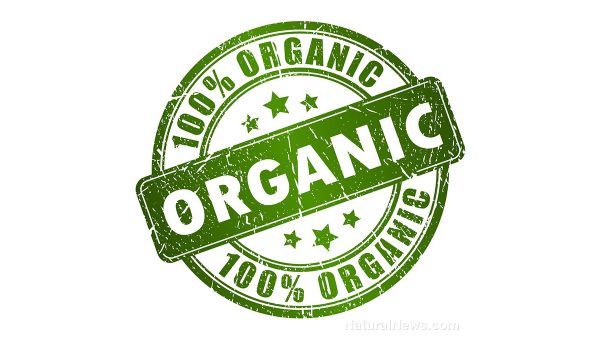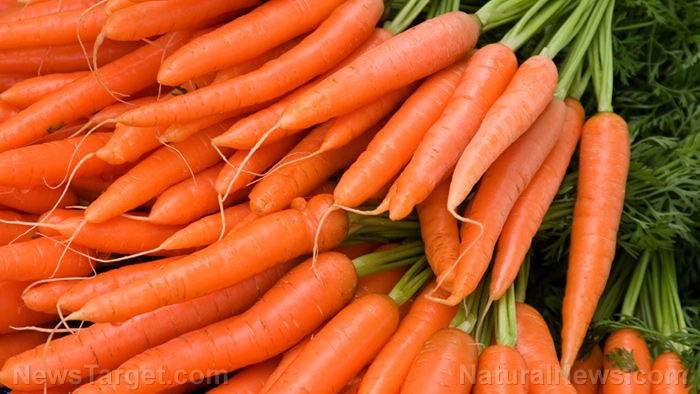Misleading customers? Health food company uses oil wastewater to irrigate crops, with assurances that it’s safe because it’s filtered
08/08/2018 / By Frances Bloomfield
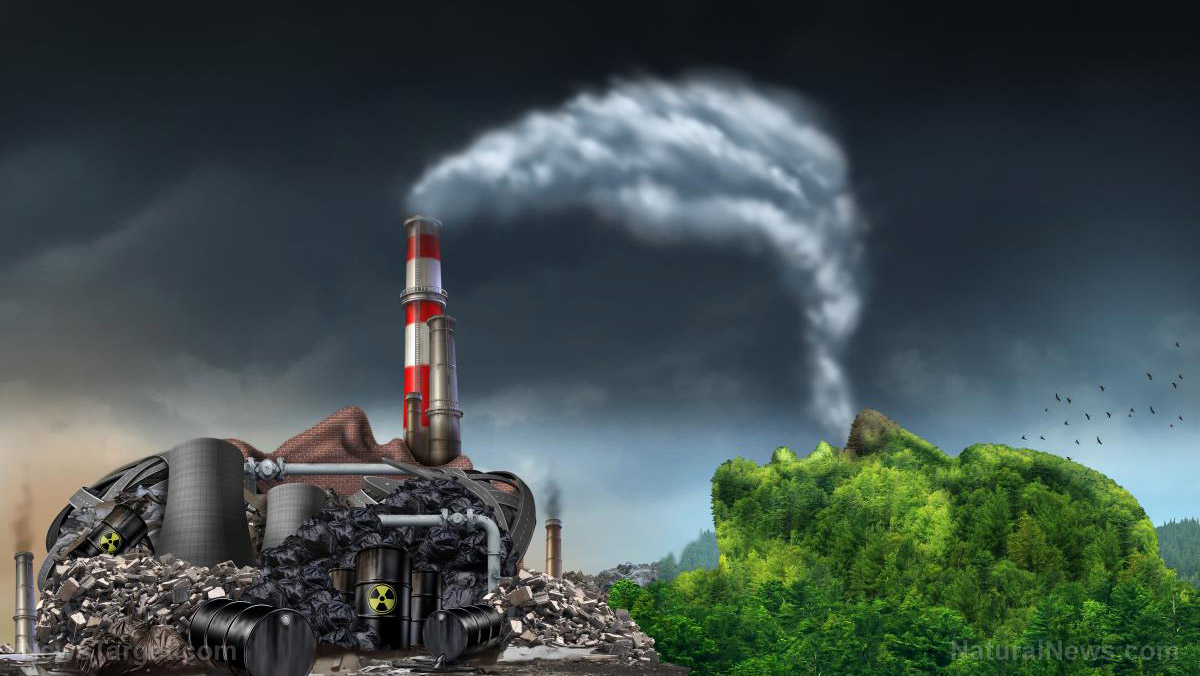
Have you bought Wonderful Almonds or Halos Mandarins recently? If you have, throw them away immediately. You just purchased fruits that have been irrigated with filtered oil wastewater.
According to a report published by consumer group Food & Water Watch, The Wonderful Company has been doing this for years now. A good portion of the corporation’s crops are cultivated in select areas of California’s Central Valley – areas where oil companies dispose of toxic oil wastewater by dumping it into agricultural irrigation systems. That’s about 100,000 acres of food crops contaminated by billions of gallons of chemical additive-tainted oil wastewater. Of the chemical additives, there are at least 173 that have been found. Some of these have been classified as carcinogenic or reproductive toxicants; more are unknown due to companies withholding information on their chemical additives.
What’s just as shocking is the fact that this all seems to be legal. As per a 2014 article by EcoWatch.com, Central Valley Regional Water Quality Control Board has been allowed the recycling and selling of wastewater for the past four decades. Only recently has the Board required disclosure from the companies and water districts engaging in this practice. (Related: ‘Stop watering our food with fossil fuel chemicals!’ Californians pressure governor to abandon practice of spraying crops with fracking wastewater.)
Of course, The Wonderful Company has stepped forward to claim that it only uses filtered water that has been treated, filtered, and tested at various locations. No further details have been given: Not the exact filtering process utilized, nor the precise chemicals that are put through filtering. But let’s assume that the water has indeed been extensively filtered. Does it end there though, or does The Wonderful Company take the extra time to truly verify the quality of its filtered water? Do they check to see if any toxins or pathogens managed to slip through their filtering processes? And if they do, is it as thorough as the pre- and mid-filtering stages?
Considering how much water The Wonderful Company consumes, it’s highly likely that every gallon of water used hasn’t been put through the most stringent quality assurance. That and The Wonderful Company is the parent company of a relatively well-known brand of bottled water. Perhaps you’ve heard of it: Fiji Water. Yes, the very same Fiji water that, in 2017, was discovered to have a lower water quality than the tap water found in Cleveland. In case you’ve forgotten, in 2016, the tap water in Cleveland and a good chunk of Ohio was found to be full of disinfectant contaminants. A comparison between the two showed that Fiji Water had as much as 6.31 mcg of arsenic per liter, whereas Cleveland tap water had none. And the funny thing is that this wouldn’t have happened if Fiji Water hadn’t run an ad campaign boasting “the label says Fiji because it’s not bottled in Cleveland.”
So really, can we fully trust The Wonderful Company to go through all the motions of ensuring the quality and safety of their water? Specifically, can we trust Stewart and Lynda Resnick, who own The Wonderful Company and pretty much control a veritable water empire, to care about the health of consumers everywhere? They’re hard questions that need to be asked, but the answer may not be coming anytime soon.
Visit FoodSupply.news to find out what else is being done to your food before hitting the shelves of your local grocery.
Sources include:
Tagged Under: agriculture, California, clean water, contaminated water, corporations, crops, food supply, irrigation, oil wastewater, The Wonderful Company, toxic water, treated water, wastewater, water filters, water quality, water treatment

